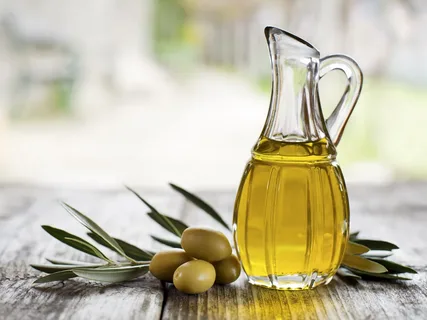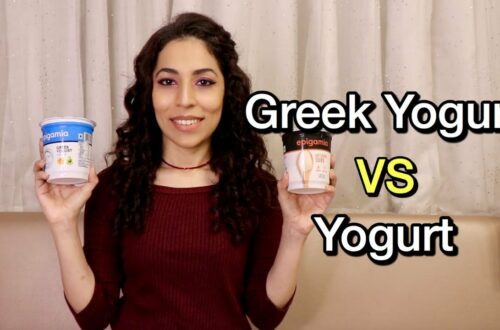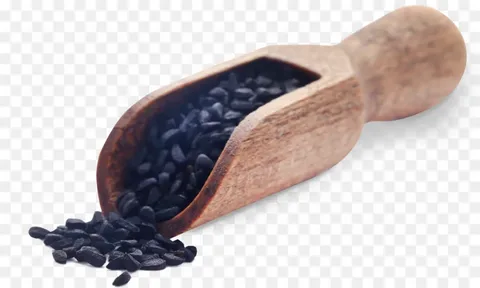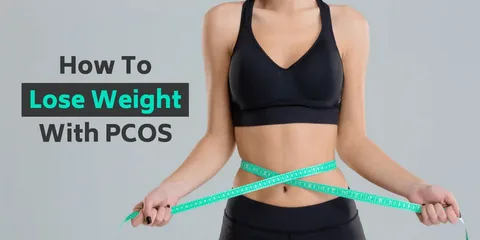Introduction
Extra virgin olive oil (EVOO) is a staple of Mediterranean cuisine and is renowned for its health benefits and culinary versatility. In this comprehensive guide, we’ll explore the benefits of extra virgin olive oil, compare it to other types of oils, discuss its uses, and provide tips for selecting and storing it.
What is Extra Virgin Olive Oil
Extra virgin olive oil is the highest quality and least processed form of olive oil, made from the cold pressing of fresh olives without the use of heat or chemicals. It retains the natural flavor, aroma, and nutrients of the olives, making it a prized ingredient in cooking and salad dressings.
Health Benefits of Extra Virgin Olive Oil
Heart Health
Extra virgin olive oil is rich in monounsaturated fats, which have been linked to improved heart health by reducing LDL cholesterol levels and lowering the risk of heart disease.
Anti-inflammatory Properties
The polyphenols and antioxidants in extra virgin olive oil have anti-inflammatory properties, which may help reduce the risk of chronic diseases such as cancer and arthritis.
Brain Health
Some studies suggest that the monounsaturated fats in extra virgin olive oil may support brain health and cognitive function, reducing the risk of age-related cognitive decline.
Weight Management
Despite being calorie-dense, extra virgin olive oil may aid in weight management when consumed as part of a balanced diet, as it can promote feelings of fullness and satiety.
Extra Virgin Olive Oil vs. Other Oils
Canola Oil
While canola oil is also high in monounsaturated fats, it lacks the polyphenols and antioxidants found in extra virgin olive oil. Canola oil has a neutral flavor and higher smoke point, making it suitable for high-heat cooking.
Coconut Oil
Coconut oil is high in saturated fats, which may increase LDL cholesterol levels. It has a distinct coconut flavor and solidifies at cooler temperatures, making it suitable for baking and cooking at low to moderate heat.
Avocado Oil
Avocado oil is similar to extra virgin olive oil in terms of monounsaturated fats and antioxidants. It has a mild flavor and high smoke point, making it suitable for high-heat cooking and grilling.
Uses of Extra Virgin Olive Oil
Cooking
Extra virgin olive oil is suitable for sautéing, frying, roasting, and baking at low to medium temperatures. Its delicate flavor enhances dishes without overpowering other ingredients.
Salad Dressings
Extra virgin olive oil is commonly used in homemade salad dressings, vinaigrettes, and marinades, adding depth of flavor and richness to salads and vegetables.
Dipping
Extra virgin olive oil can be drizzled over bread, bruschetta, or crudité platters as a flavorful dipping sauce or appetizer.
Selecting and Storing Extra Virgin Olive Oil
Quality
Look for extra virgin olive oil that is labeled “cold-pressed” or “first cold-pressed” to ensure the highest quality and purity. Choose oils with a fruity aroma and peppery finish for optimal flavor.
Storage
Store extra virgin olive oil in a cool, dark place away from heat and light to prevent oxidation and rancidity. Keep the bottle tightly sealed to maintain freshness and flavor.
Conclusion
Extra virgin olive oil is a versatile and nutritious ingredient that offers a range of health benefits and culinary uses. By incorporating it into your diet and cooking repertoire, you can enjoy its rich flavor and reap the rewards of its nutritional properties.
FAQs
What makes extra virgin olive oil different from other types of olive oil?
Extra virgin olive oil is the highest quality and least processed form of olive oil, made from the cold pressing of fresh olives without the use of heat or chemicals. It retains the natural flavor, aroma, and nutrients of the olives.
Is extra virgin olive oil suitable for cooking at high temperatures?
Extra virgin olive oil has a lower smoke point compared to some other oils, so it is best suited for cooking at low to medium temperatures. For high-heat cooking methods such as deep frying, it’s better to use oils with higher smoke points.
What are the health benefits of extra virgin olive oil?
Extra virgin olive oil is rich in monounsaturated fats, antioxidants, and polyphenols, which have been linked to improved heart health, reduced inflammation, and enhanced brain function. It may also support weight management when consumed as part of a balanced diet.
How can I tell if extra virgin olive oil is of high quality?
Look for extra virgin olive oil that is labeled “cold-pressed” or “first cold-pressed” to ensure the highest quality and purity. Choose oils with a fruity aroma and peppery finish for optimal flavor.
Can I use extra virgin olive oil for baking?
Yes, extra virgin olive oil can be used for baking at low to medium temperatures. It adds moisture and richness to baked goods and can be substituted for butter or other oils in many recipes.
Does extra virgin olive oil have a long shelf life
Extra virgin olive oil can last for up to two years if stored properly in a cool, dark place away from heat and light. However, its flavor and aroma may diminish over time, so it’s best to use it within six months to a year for optimal freshness.
Can extra virgin olive oil be used for skincare?
Yes, extra virgin olive oil is commonly used in skincare products for its moisturizing and antioxidant properties. It can be applied directly to the skin as a natural moisturizer or added to homemade skincare remedies such as scrubs and masks.
- Maramota #10 Marijuana Strain - July 24, 2024
- El Perro Marijuana Strain - July 24, 2024
- Four Cups Marijuana Strain - July 24, 2024






